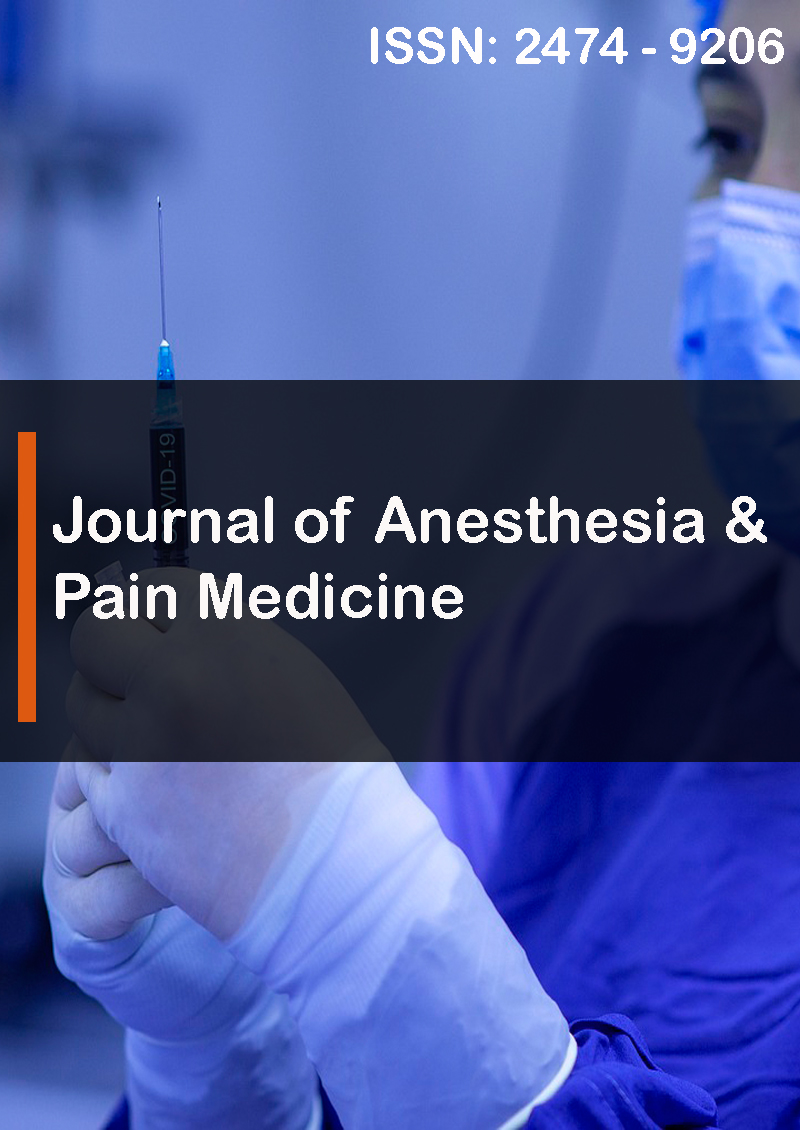The Influence of Magnetic Resonance Imaging and Adjunct Acupuncture on LongTerm Pain Improvement for Patients with Trigeminal Neuralgia
Abstract
Edwin Kang Wei Lim, Shi Yan, Sneha Elizabeth Eapen, Syed Ehsan Saffari, Diana Xin Hui Chan
Trigeminal neuralgia is a debilitating disease characterized by neuropathic facial pain which significantly impact on the patient’s quality of life and socioeconomic function. For patients with trigeminal neuralgia, Magnetic Resonance Imaging (MRI) is a routine investigation recommended in recent clinical guidelines but it remains unclear whether its use has any impact on patient-reported clinical outcomes. Acupuncture as an adjunct therapy has been shown to provide short term pain relief but its longer-term benefits remain unknown. The aims of the study are to examine whether the use of MRI and/ or adjunct acupuncture is associated with the long-term pain improvement for trigeminal neuralgia patients, and thus to inform on prognosis of trigeminal neuralgia.
Methods: In this retrospective cohort study using data from routine clinical practice, we included all adult patients diagnosed with trigeminal neuralgia and managed at the Pain Management Centre, Singapore General Hospital between 2011 and 2017. Patients who have incomplete clinical data or lost to follow up are excluded. Logistic regression model was used to examine the association between the uses of MRI or adjunct MRI and pain symptom improvement at 6-12 months follow up. Results: Fifty-three patients were identified and included in this study. Neither the use of MRI nor acupuncture was found to be significantly associated with pain improvement for patients with trigeminal neuralgia at 6 to 12 months follow up after the initial diagnosis.
Conclusion: The use of MRI or adjunct acupuncture did not seem to be related to long-term pain improvement for patients with trigeminal neuralgia and thus has limited prognostic value. These findings would have to be confirmed by further studies of larger sample size, and ideally with prospective randomized clinical trials



